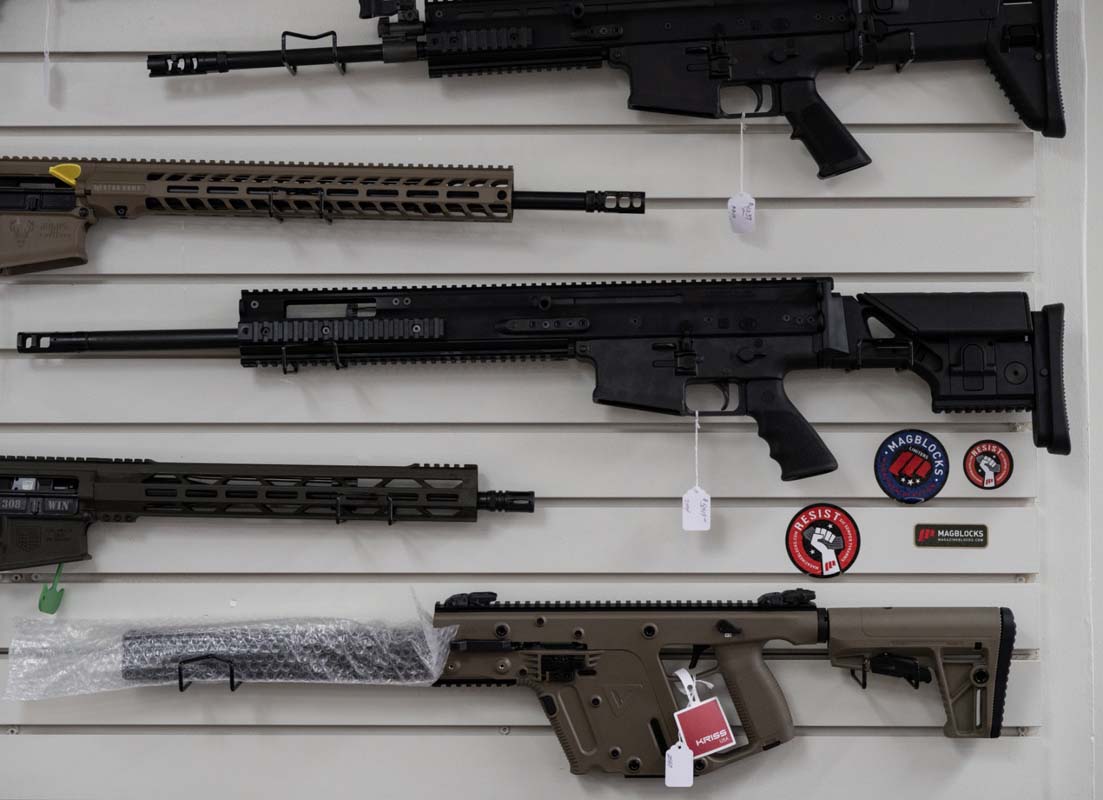
403
Sorry!!
Error! We're sorry, but the page you were looking for doesn't exist.
Trump’s tariffs put US weapons manufacturing in danger
(MENAFN) US President Donald Trump's new tariff policy, which includes levies ranging from 10% to 49% on imports from all countries, could significantly impact American arms production, according to defense experts cited by Politico. The tariffs, aimed at rebalancing trade relationships, could lead to global supply chain disruptions and force US allies to seek alternative partners.
Experts warn that the tariffs may drive up costs for American-made weapons and create shortages of vital supplies. Former Pentagon official Bill Greenwalt explained that the move could result in retaliatory actions from allies, and some supplies may either become prohibitively expensive or unavailable. Programs like the F-35 fighter jet and missile defense systems involving nations like Norway and Israel could face cost increases, affecting international cooperation.
European officials have expressed concerns, suggesting that rising costs could prompt greater investment in European defense manufacturing to reduce dependence on US-made components. Additionally, a major trilateral agreement involving Australia, the UK, and the US for nuclear-powered submarines and advanced technologies could be jeopardized if the cost of materials rises too high.
Senator Mark Kelly highlighted the complexity of the global defense supply chain, noting that many military products are assembled across multiple countries, potentially incurring tariffs at each stage. Business groups are urging the administration to exempt the defense industry from these tariffs to prevent escalating costs and critical supply chain disruptions.
Experts warn that the tariffs may drive up costs for American-made weapons and create shortages of vital supplies. Former Pentagon official Bill Greenwalt explained that the move could result in retaliatory actions from allies, and some supplies may either become prohibitively expensive or unavailable. Programs like the F-35 fighter jet and missile defense systems involving nations like Norway and Israel could face cost increases, affecting international cooperation.
European officials have expressed concerns, suggesting that rising costs could prompt greater investment in European defense manufacturing to reduce dependence on US-made components. Additionally, a major trilateral agreement involving Australia, the UK, and the US for nuclear-powered submarines and advanced technologies could be jeopardized if the cost of materials rises too high.
Senator Mark Kelly highlighted the complexity of the global defense supply chain, noting that many military products are assembled across multiple countries, potentially incurring tariffs at each stage. Business groups are urging the administration to exempt the defense industry from these tariffs to prevent escalating costs and critical supply chain disruptions.

Legal Disclaimer:
MENAFN provides the
information “as is” without warranty of any kind. We do not accept
any responsibility or liability for the accuracy, content, images,
videos, licenses, completeness, legality, or reliability of the information
contained in this article. If you have any complaints or copyright
issues related to this article, kindly contact the provider above.

















Comments
No comment